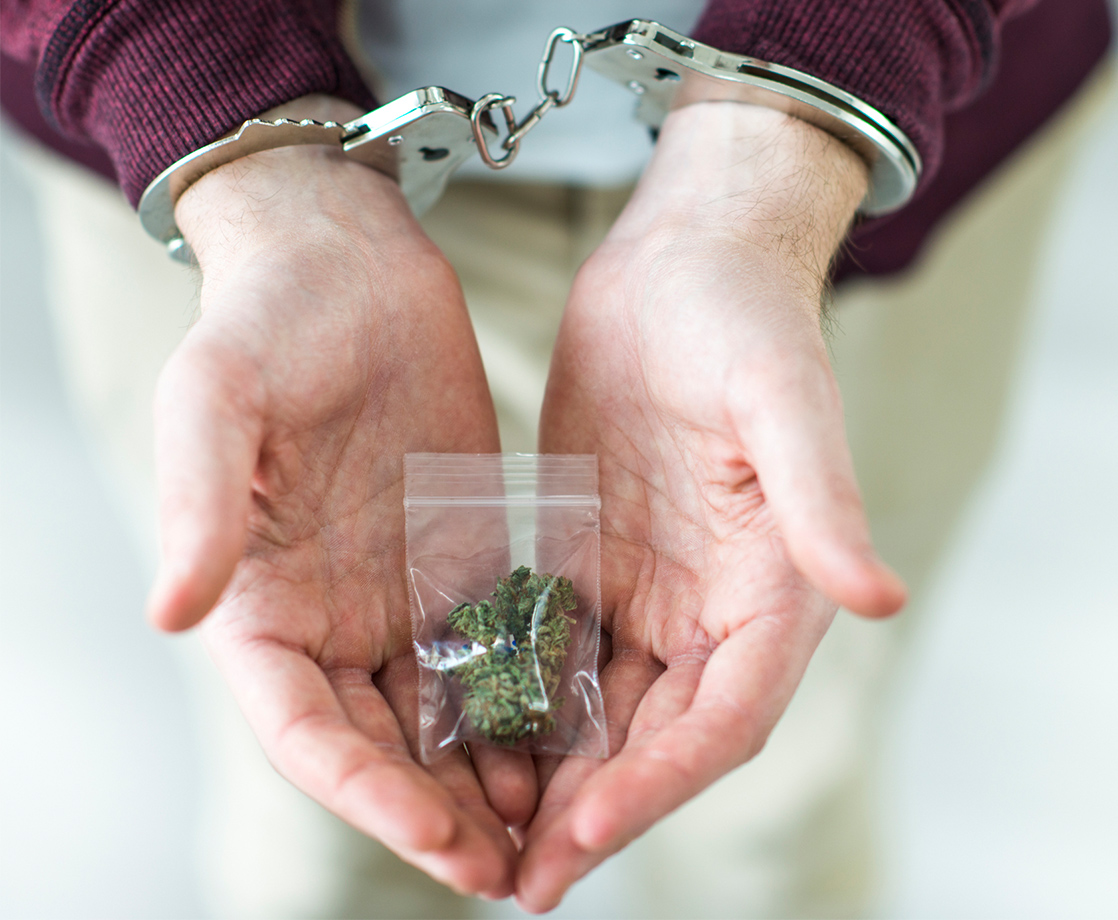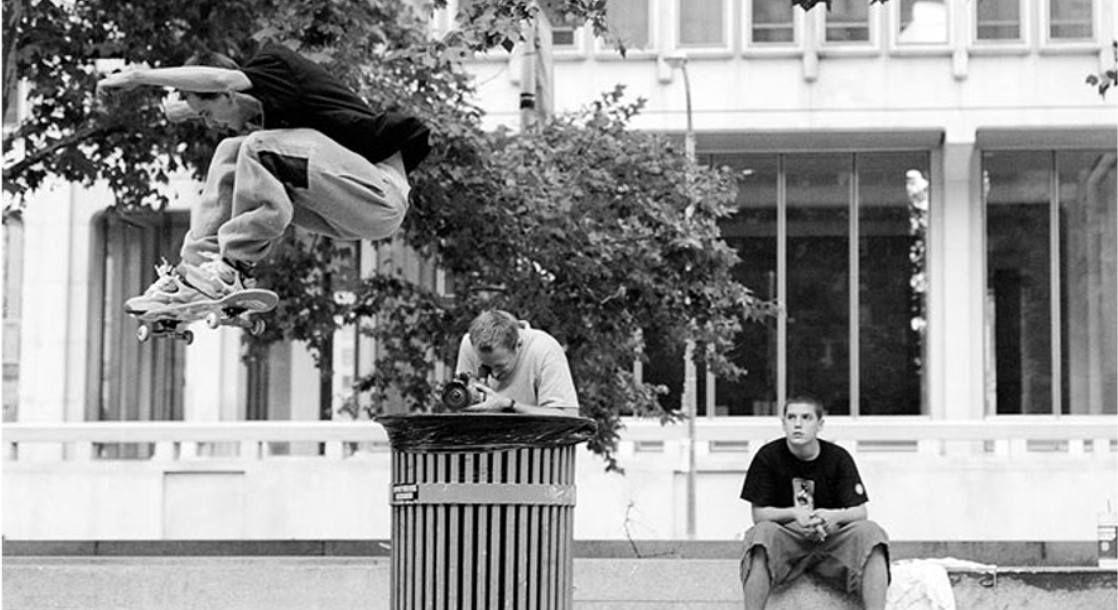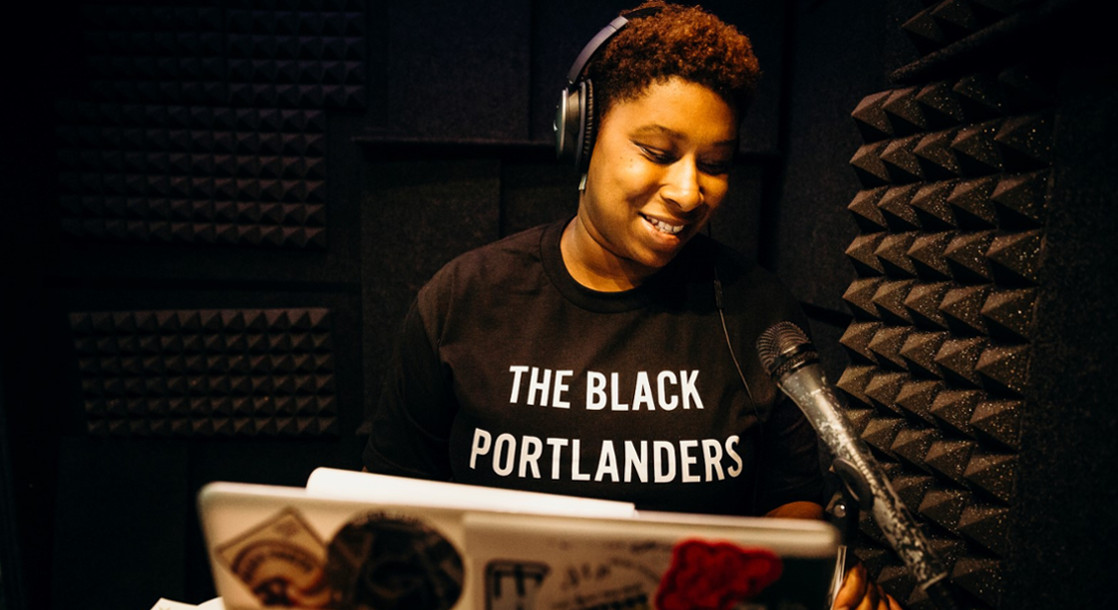Thousands of San Franciscans who have been arrested for low-level cannabis crimes over the past 40 years are about to have their criminal records cleared, thanks to a new plan by the city's District Attorney, George Gascón.
On Wednesday, Gascón announced that his office would retroactively seal and dismiss 3,038 misdemeanor cannabis convictions dating back to 1975. The DA's office will also review 4,940 cannabis felony convictions to determine whether or not they can be reduced to misdemeanors or resentenced.
Proposition 64 already allows any Californian who has previously been convicted of minor cannabis crimes to apply to have their convictions reduced or even completely removed from their records. Anyone who is currently in jail, on probation, or on parole for a cannabis-related crime can also apply for resentencing. The presence of a conviction on one's criminal record can block a person from employment, housing, student loans, or voting, so clearing these records can remove major obstacles from a former convict's life.
While the process of applying for resentencing or dismissal is relatively simple as far as legal processes go, each individual must apply for the process on his or her own, with the assistance of an attorney. This can cost anywhere from $500 to $1,500, putting the process out of reach for many low-income individuals. The Drug Policy Alliance estimates that one million Californians are eligible to have their records changed, but to date, only 4,885 Californians have petitioned their cases. In San Francisco, only 23 individuals have contested their cases.
In order to help individuals overturn their convictions, California Assemblyman Rob Bonta has proposed a bill that would automate the process, requiring county courts to automatically identify and expunge eligible cannabis convictions. But while state legislators mull this possibility, the San Francisco District Attorney's Office has proactively decided to take on the task themselves.
"We want to address the wrongs that were caused by the failures of the War on Drugs for many years in this country, and begin to fix the harm that was done not only to the entire nation but specifically to communities of color," Gascón said at a press conference, the SF Examiner reports. "We will do all the work for them."
Cannabis prohibition laws have a long history of being disproportionately enforced against minorities and low-income communities. A 2013 study by the American Civil Liberties Union found that African Americans were more than twice as likely to be arrested for cannabis possession as whites, even though both groups have similar rates of cannabis use. In San Francisco, the divide is even more extreme, with people of color four times as likely to be busted for pot than white people. "We know there were tremendous failures in the War on Drugs, and we criminalized large sections of our community," Gascón told the Los Angeles Times. "The African American and Latino communities were the most harmed by this."
Gascón said that misdemeanor cases will be dismissed immediately, but that it will take time for felony cases to be processed. "This is a giant step for justice," Rev. Amos Brown, president of the San Francisco chapter of the NAACP, said at the press conference, SFGate reports. "And it is a step toward setting black people free to live in the community, to have jobs, to have health care, to have a decent education, and we just need to keep this good thing a-rollin'."
While Gascón's decision begins to make amends for decades of racist policing, cannabis legalization has not yet succeeded in preventing police from disproportionately enforcing drug laws. A recent report from the Drug Policy Alliance found that while total cannabis arrests have dropped in canna-legal states, the number of marijuana arrests of minorities has actually increased in some of these states.











